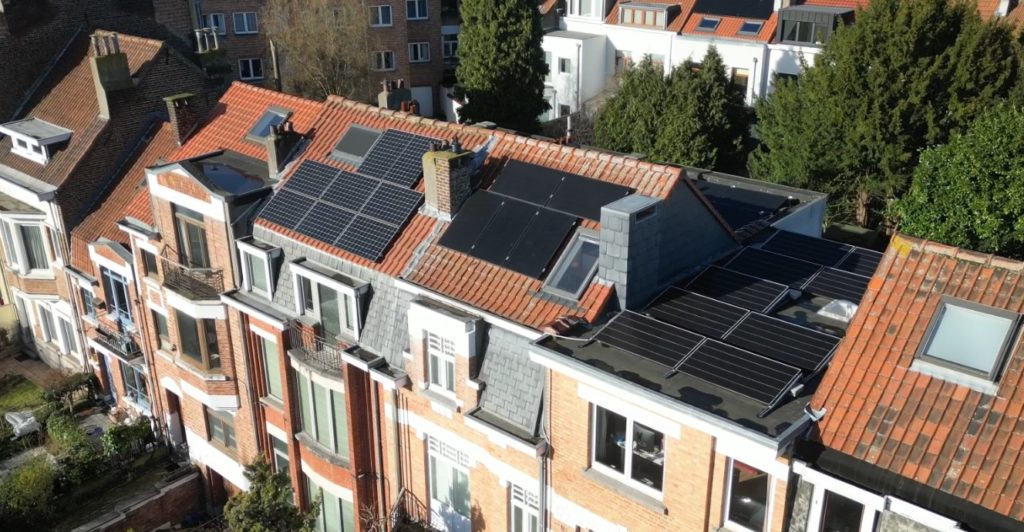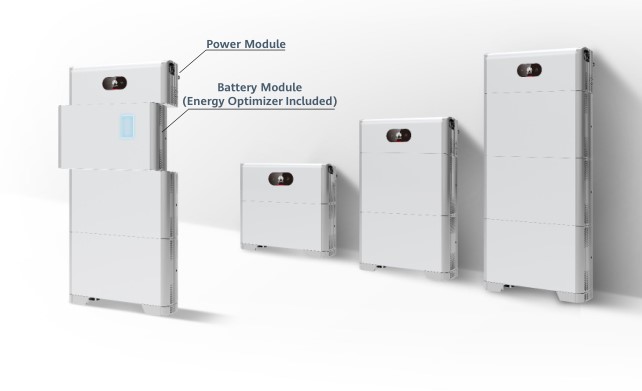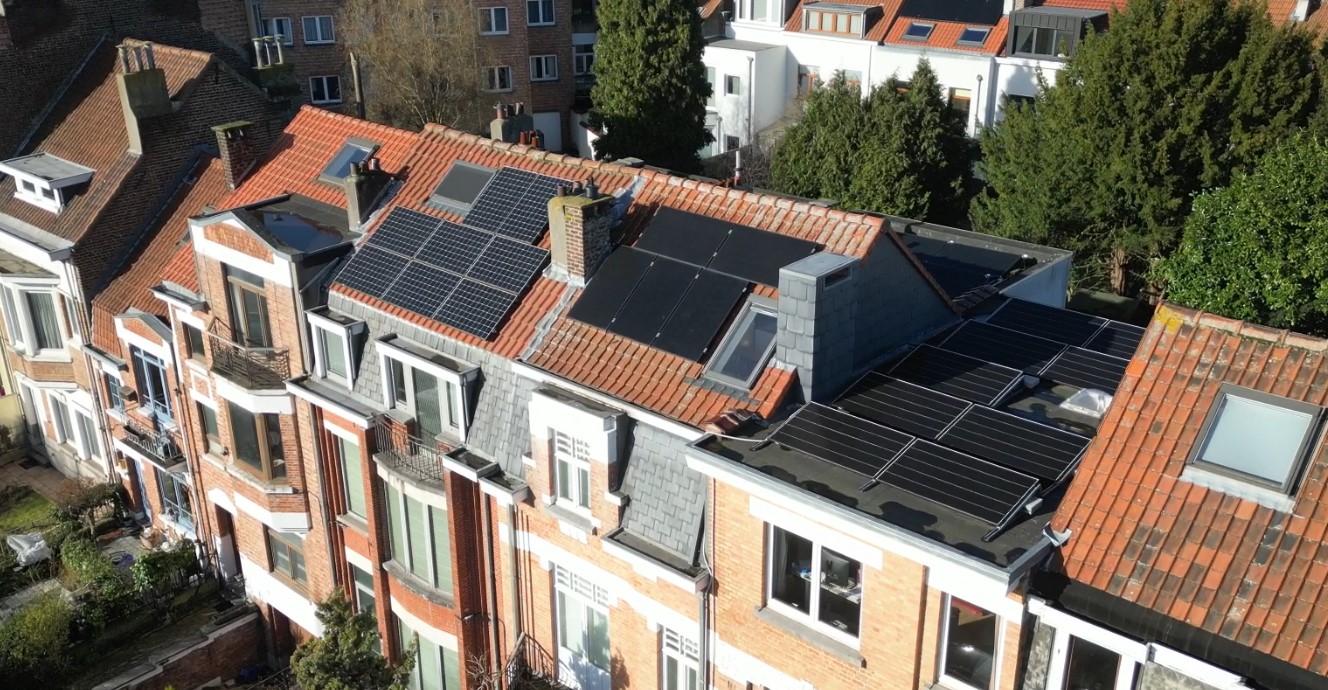In 2024, solar panels continue to attract a great deal of interest. But are they always a wise investment? In this article, we explore the latest technological developments, the impact of subsidies and the digital meter, and their influence on the solar market and installers.
.

1Technological developments in solar panels
Solar panels have undergone a remarkable evolution in recent years. Photovoltaic cell technology has advanced considerably, enabling more efficient energy production without increasing panel size.
For example, ten years ago, panels produced between 220 and 250 watts. Today, they produce between 440 and 450 watts. This represents a significant increase in performance and efficiency..

A major innovation is the use of "half-cut" cells, where solar cells are cut in half, improving resilience and doubling panel performance. In the event of shading problems, this technology minimizes the impact on energy production.
2.profitability and advantages of photovoltaic systems
Investing in photovoltaic energy is profitable and sustainable. The key is to maximize self-consumption, i.e. to consume the energy produced by your own solar panels. This reduces dependence on electricity grids and avoids fluctuating energy costs.
New technologies also make it possible to reduce the size of installations required for the same power output, thus facilitating installation and reducing assembly time. Fastening systems have also evolved, making the installation process faster and less tedious for installers.
2.1 Regulations and subsidies vary from region to region.
- In Wallonia, for example, VAT on eco-energy installations, including solar panels and heat pumps, is reduced to 6% instead of 21% .
- In Brussels, green certificates are available to value the actual net production of photovoltaic systems, effectively offsetting profitability!
2.2 The impact of Prosumer Royalties
The prosumer charge (a contraction of "producer" and "consumer") is the charge for using the electricity grid to produce and consume energy.
In Wallonia, this fee (tax) is calculated according to the power of the installation and is applicable until 2030 for installations completed before December 31, 2023. Many Walloons have complained about this umpteenth tax on the consumer, but the problem is that the Walloon electricity network is outdated and in need of reinvestment.
For optimum profitability, we recommend installing home batteries to store and consume the energy produced by your solar panels. Although this requires an additional investment of €5,000 to €10,000, it can be well worth it, as batteries are becoming more and more efficient and affordable compared with ten years ago. And this increases your percentage of self-consumption of energy.
The best strategy for minimizing this tax is to consume the energy produced rather than feeding it back into the Belgian grid, or to use it in the evening when the solar panels are no longer producing.

3. The answer is YES, it's always profitable!
The energy transition is underway and, by 2030, residential infrastructures will be adapted to maximize self-consumption and reduce dependence on traditional electricity grids. This transition will enable us to better manage and valorize energy, a crucial issue for our country's energy future.
Belgium must commit to its climate targets and mobilize the resources needed to achieve its ambitions. In this context, our capital plays a key role in increasing the share of renewable energies through the deployment of solar panels.
In 2024, investing in solar panel systems still makes sense!
---
Technological advances are making solar panels more cost-effective and attractive. At the same time, subsidies and new regulations are evolving with the raw materials market to support both citizens and the solar industry. The aim is to guarantee mutual benefits: sufficient profitability for companies and savings for individuals.
A solar panel installation generally pays for itself in 7 to 10 years.
The fall in plant costs is due to lower raw material prices. Should costs rise significantly, incentives such as green certificates or other subsidies will be put in place to help citizens, always with a view to profitability.
Take advantage of technological advances and subsidies to make your home more eco-responsible and save on your energy bills. Contact us now for a free expert consultation and find out how our solutions can meet your needs.
our Services
Individuals
- Photovoltaic
- Carport Solaire
- Charging station
- Our achievements

